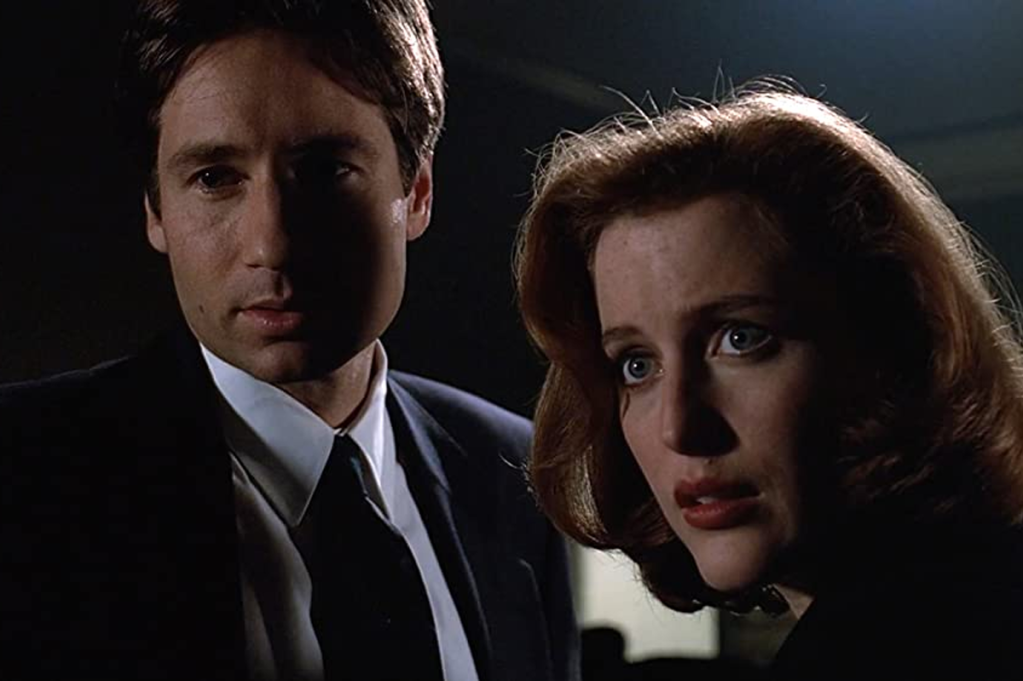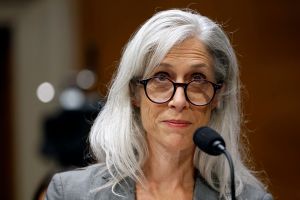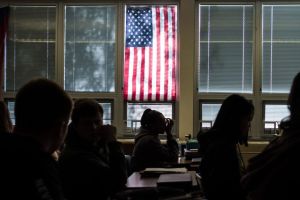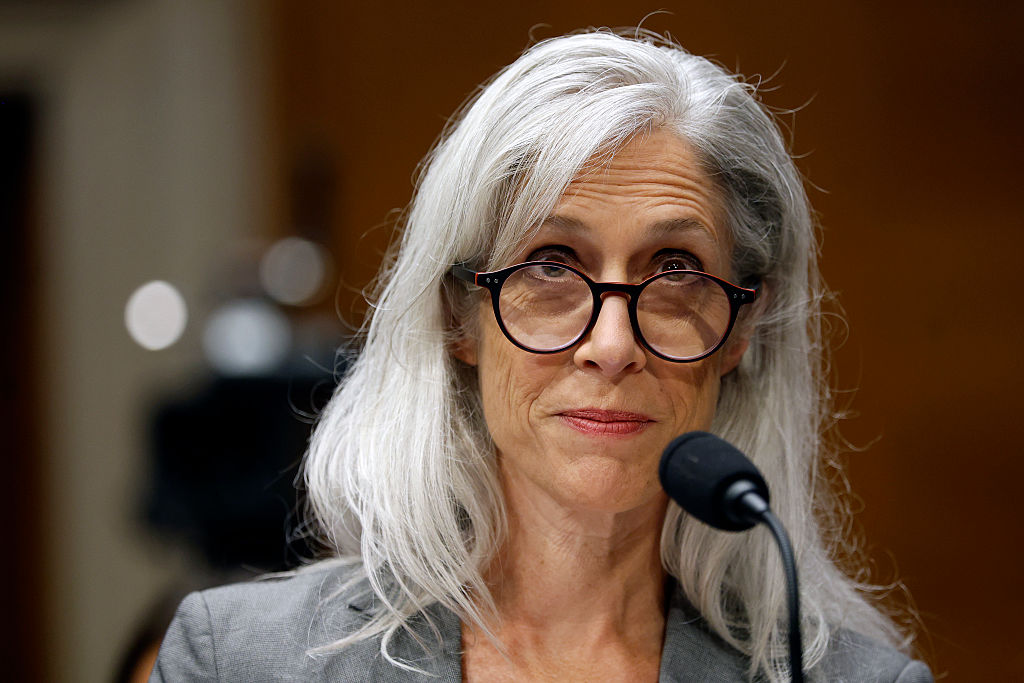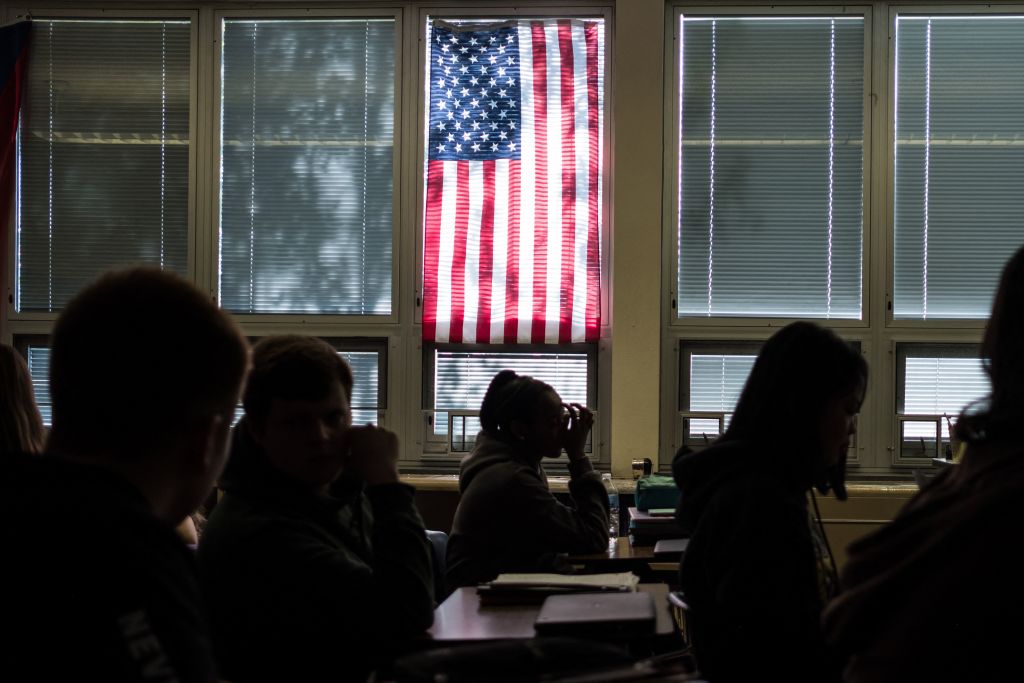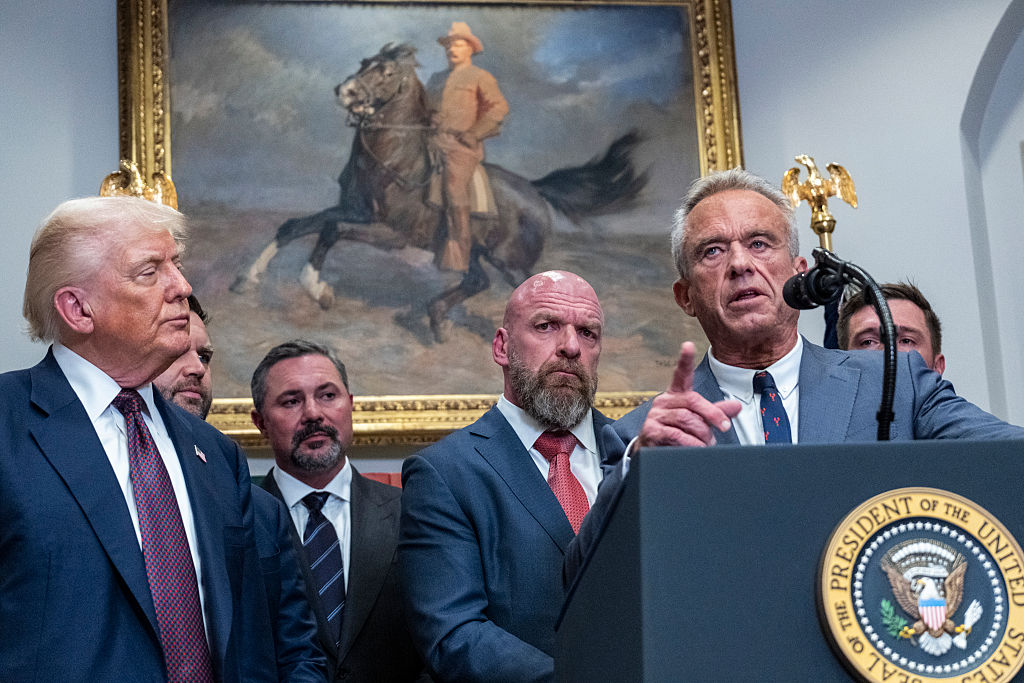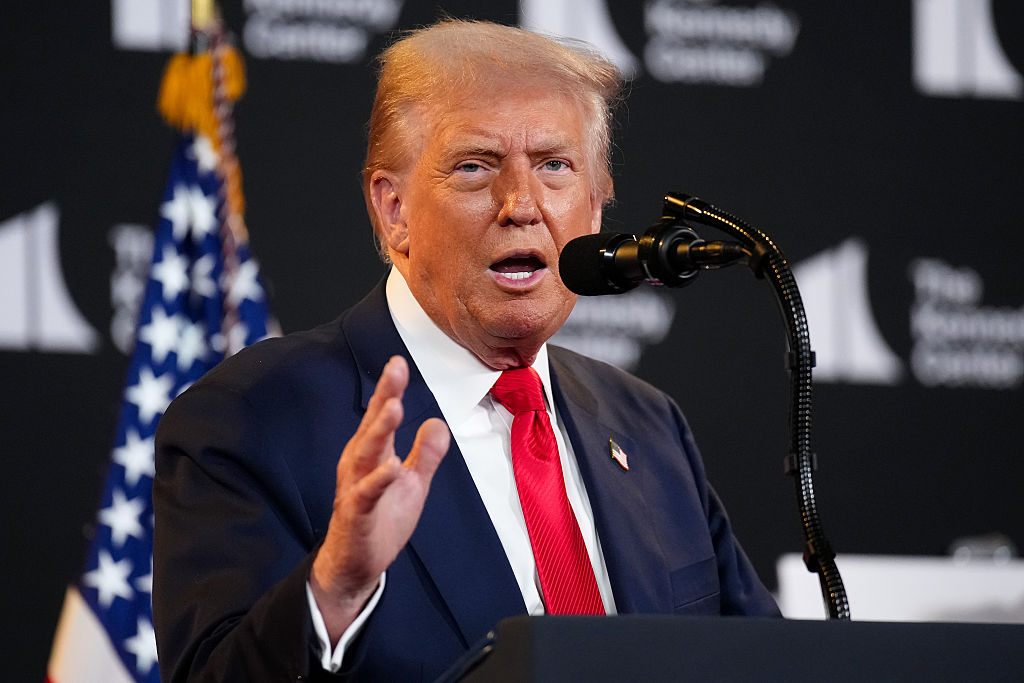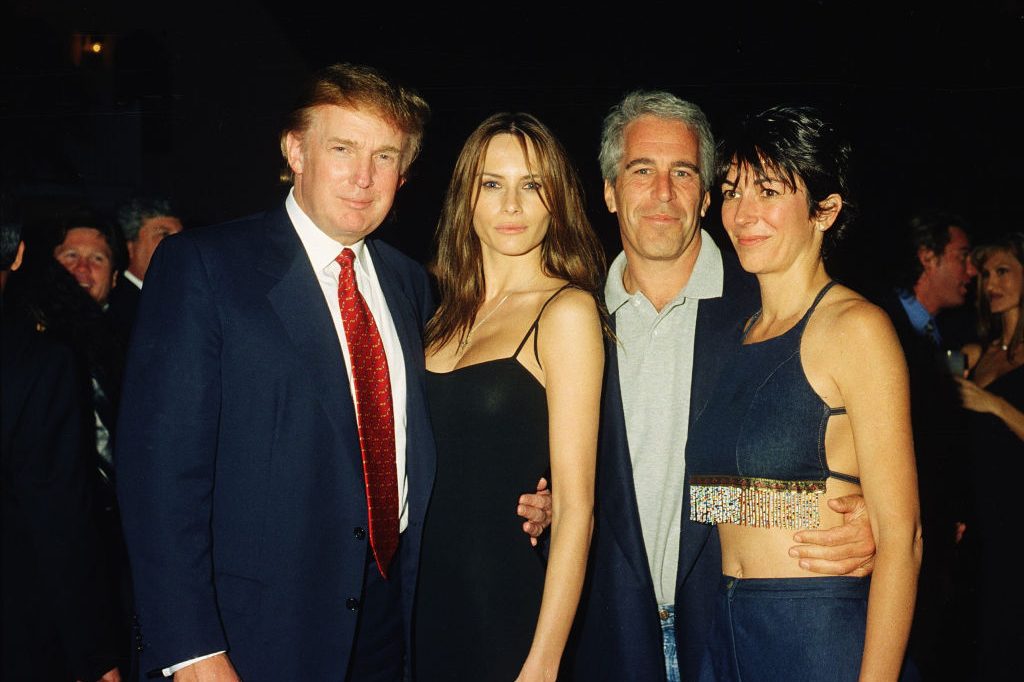It began last month when the Wall Street Journal reported that three researchers from China’s Wuhan Institute of Virology had come down sick in November 2019. According to an intelligence report obtained by the Journal, the scientists had exhibited symptoms ‘consistent with both COVID-19 and common seasonal illness’. This was further evidence in favor of the lab leak theory, the idea that the coronavirus had originated inside a Chinese lab.
It continued last week with the release of a trove of Dr Anthony Fauci’s emails, which revealed that Fauci had been warned by a California virologist last January that the coronavirus appeared ‘engineered’. Both the virologist and Fauci have since reversed course, but the fact that the lab leak theory had crossed Fauci’s desk so early caused the internet’s antenna to go up. So too did the fact that the United States government had once funded the Wuhan lab in question to the tune of more than $800,000.
It culminated on Friday with the release of a bombshell report in Vanity Fair. Journalist Katherine Eban spotlighted a team of scientists who suspect that the coronavirus came from a lab yet have been constantly roadblocked by politically correct orthodoxy and government obstinacy. The piece exposed what looked an awful lot like a cover-up. It also made plain what’s been angrily denied since the start of the pandemic: the lab leak theory isn’t some crackpot thread off of Reddit; it’s very much scientifically plausible.
And it came to a crescendo across social media this weekend with a refrain: your conspiracy theorist friends were right.
In fairness, nothing that’s emerged over the last month has confirmed that the coronavirus came from a Chinese facility. Many good-faith scientists continue to believe that it was zoonotic, meaning it emerged through animal-to-human contact. Yet if the lab leak theory is true — and we now have more evidence than ever to suggest that it is — then the broad-stroke narrative that emerges sounds like a cobweb strung across the dankest corner of Alex Jones’s hippocampus: the United States funded a Chinese lab that produced a virus that killed 3.7 million people, then tried to cover it up.
It’s like the big reveal from some season finale of The X-Files, accompanied by a look of controlled shock from Gillian Anderson and that aha-I-knew-it smugness from David Duchovny. The show’s tagline, ‘the truth is out there’, is how a lot of keyboard sleuths feel right now. The X-Files, which aired during the 1990s, was mesmerizing television not only because of its writing but because it captured a certain familiar mood: suspicious, anti-establishment, a kind of instinctive libertarianism that maintained the government had much to hide and was very good at doing it.
This way of thinking is deeply American and dates back much further than the end of the 20th century. Richard Hofstadter wrote about it in his famous essay ‘The Paranoid Style in American Politics’, even if he was too focused on right-wing conspiracy theories to see the full picture. From witch hunts to Millerite apocalypses to Masonry to the Kennedy assassination and Roswell and 9/11 as an inside job, we Americans have always relished the thought that there’s a larger and more exhilarating truth just behind the curtain. It’s a function both of our Puritan origins, which place special emphasis on man’s depravity and eschatology, and our contempt for centralized power.
This streak isn’t necessarily a bad thing. Anyone who’s been paying attention to the war on terror, for example, knows that our government conceals horrible truths all the time, and it’s only paranoia until someone proves it’s true. Yet lately our Mulder and Scully LARPing has gone to new lengths. Many on the left have come to believe that Donald Trump was essentially a Manchurian candidate, controlled by the Russians and on the cusp of being arrested by the ‘marshal of the Supreme Court’. Some MAGA sorts, meanwhile, maintain that Donald Trump is collaborating with a secret agent called Q to save America from a coven of child rapists and ultimately usher in the end times.
All of that, of course, is squinting-in-the-sun nonsense. But the sudden crediting of the lab leak theory forces us to ask another question: what if that paranoid style is on occasion correct? What if, when it comes to COVID’s origins, the government really didn’t want us to know the truth? Bear in mind that trust in American institutions has already cratered, from the government to big business to our churches. Imagine how much more emaciated that trust will become if it’s revealed that Washington helped cover for the Chinese as millions were killed. Imagine how little buy-in there will be the next time there’s a pandemic or even just an event that requires some sort of national narrative.
The Overton window, which refers to the accepted boundaries of mainstream thought in a society, can get a bad name, since it can constrict criticism. Yet it also affords us a set of common guardrails we can cleave to, rules to keep our discourse grounded. It may be that we’re about to find out what happens when that window is shattered, when X-Files politics becomes reality. And how much more are they hiding from us? What really did happen to Jeffrey Epstein? Is a government that concealed a lab leak really above putting fluoride in the drinking water?
There’s only one possible way out of this: we need a thorough, honest, independent, nonpartisan investigation into the feds’ performance during COVID. Though even commission reports tend to be loaded with vagaries and redactions, more fuel for our suspicions. And then fresh conspiracies will arise, new cover-ups will be alleged. The truth is out there and that’s unfortunately where it may remain.



